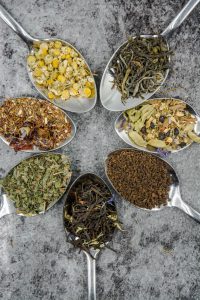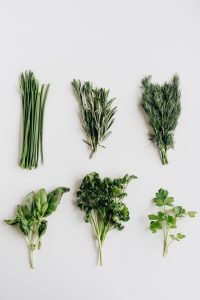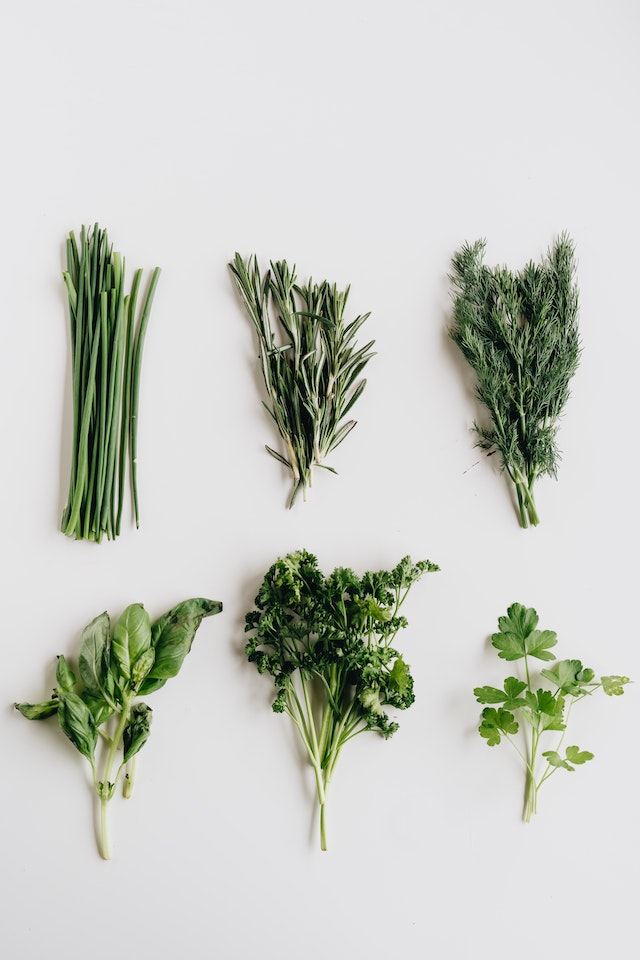Herbs have been cherished for centuries for their culinary, medicinal, and aromatic properties. Whether you use them as flavor enhancers, natural remedies, or to add fragrance to your home, herbs play a significant role in our lives. While herbs offer a spectrum of health benefits and flavors, the choice between fresh and dried herbs can significantly impact their nutritional content and their potential impact on your health. In this article, we’ll investigate the nutritional value of herbs in both their fresh and dried forms and explore how they can influence your health and cooking choices.
The Fresh Herb Spectrum
Fresh herbs, often referred to as “nature’s jewels,” are at their peak of flavor and nutritional value. They are packed with essential vitamins, minerals, and unique compounds that can benefit your health in various ways. Let’s delve into the nutritional highlights of fresh herbs:
1. Rich in Vitamins and Minerals:
Fresh herbs provide an array of vitamins and minerals. For example, parsley is an excellent source of vitamin K, which is vital for blood clotting and bone health. Basil is rich in vitamin K and A, important for vision and immune function, as well as minerals like iron, calcium, and magnesium.

2. Antioxidant Powerhouse:
Many fresh herbs are antioxidant-rich, protecting your cells from oxidative damage. Herbs like oregano, thyme, and rosemary have some of the highest antioxidant levels among foods.
3. Anti-Inflammatory Properties:
The natural compounds found in fresh herbs, like basil, parsley, and cilantro, have been linked to anti-inflammatory effects that can help manage conditions related to chronic inflammation, such as arthritis.
4. Digestive Aid:
Herbs like mint and ginger can support digestive health by easing indigestion and calming an upset stomach.
5. Immune Support:
Herbs such as garlic and oregano are renowned for their immune-boosting properties. They can help fend off infections and maintain your overall health.
The Case for Dried Herbs
Dried herbs are the result of carefully drying fresh herbs, removing their moisture while preserving their flavor and nutritional content. While they may not boast the same vitamin C or vitamin A content as fresh herbs, they do have unique advantages:
1. Concentration of Flavor:
Drying herbs intensifies their flavor, making them a fantastic addition to slow-cooked dishes, soups, and sauces. Dried herbs are an excellent choice when you need a long infusion time.
2. Long Shelf Life:
Dried herbs have a significantly longer shelf life compared to their fresh counterparts, which can spoil relatively quickly. This ensures you have herbs at your disposal year-round.
3. Convenience:
Dried herbs are incredibly convenient. You can add them directly to your dishes without any chopping, and they are available anytime you need them.
Nutrient Retention in Drying
While drying can lead to some nutrient loss, especially in the case of vitamin C, dried herbs still retain a good portion of their nutritional value. The dehydration process preserves many essential nutrients, including minerals like calcium and potassium, and essential oils responsible for aroma and flavor.
Balancing Fresh and Dried Herbs
Incorporating both fresh and dried herbs into your cooking can provide a balanced approach that enhances flavor and nutrition. Here’s how you can balance the two:
- Fresh for Freshness: Use fresh herbs in dishes where their vibrant flavor and color can shine. Think of garnishing a salad with fresh basil, adding cilantro to a zesty salsa, or sprinkling fresh parsley on a grilled fish.
- Dried for Depth: Dried herbs are excellent in dishes with longer cooking times, such as soups, stews, or sauces. You can also use them when you want to create spice blends or marinades.
- Experiment with Hybrids: Combining fresh and dried herbs in a single dish can create depth and complexity. For instance, use dried oregano in a tomato sauce and sprinkle fresh basil on top before serving.
Growing Your Own Herbs
For the freshest herbs, consider growing your own. Whether you have a garden or a sunny windowsill, cultivating herbs at home is a rewarding experience. It allows you to pick fresh herbs at their peak flavor and nutritional value whenever you need them.

Conclusion
Fresh and dried herbs each have their own set of attributes, and the choice between the two depends on your culinary needs and preferences. Fresh herbs are brimming with vitamins, minerals, antioxidants, and unique compounds, making them ideal for raw dishes and garnishes. Dried herbs offer a concentrated flavor and a longer shelf life, making them perfect for slow-cooked dishes and spice blends.
The optimal approach to using herbs in your cooking involves a blend of fresh and dried, allowing you to take advantage of the nutritional richness of fresh herbs and the depth of flavor and convenience offered by dried ones. By balancing these two forms, you can elevate your dishes, enhance their nutritional profile, and savor a wider range of flavors in your culinary creations.




